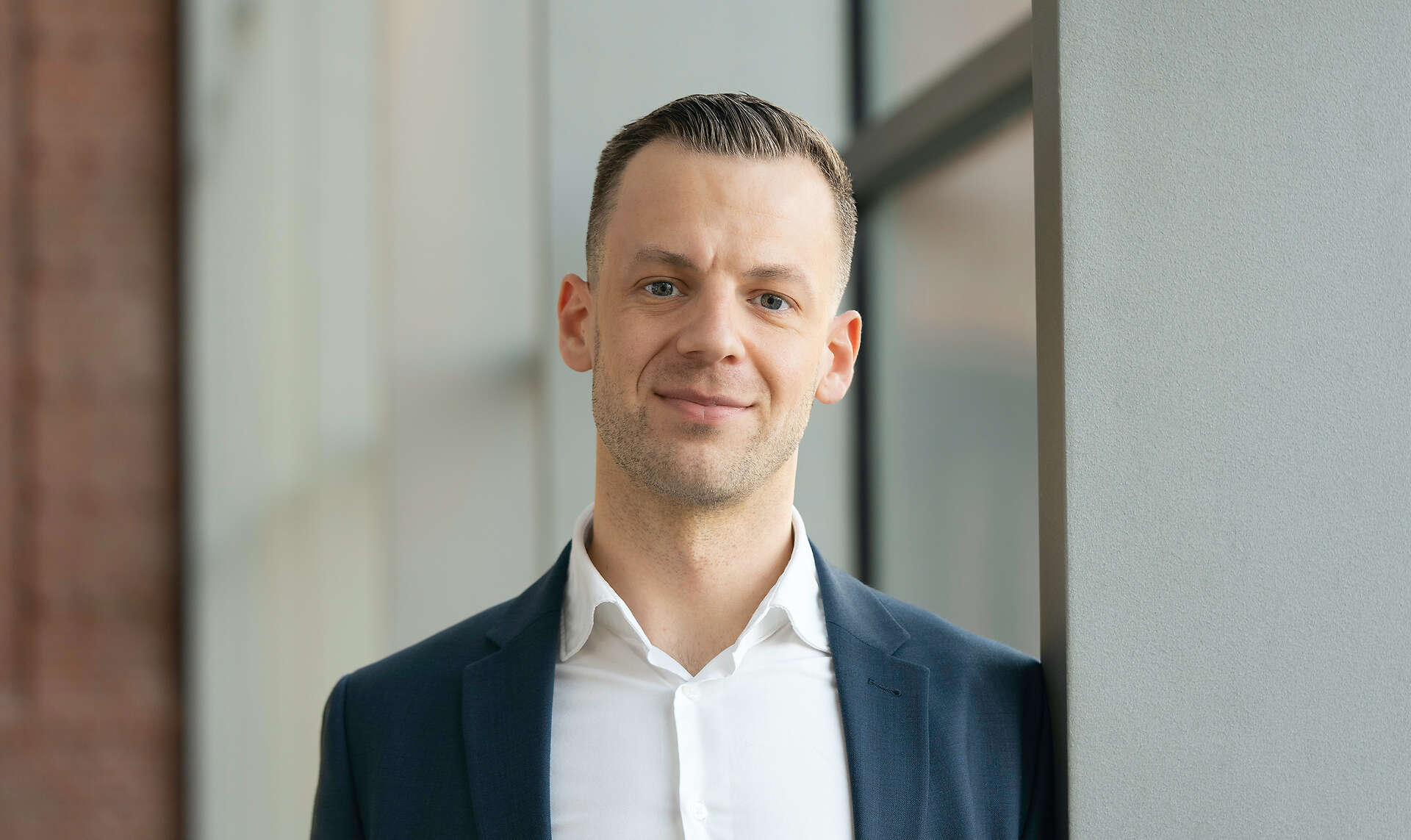Sustainability Reporting and Accounting: Tobias Arndt - “Business is part of the transformation”
2025-03-16 Since 2017, around 500 capital market-oriented companies and banks in Germany have been obliged to prepare a so-called “non-financial statement”. Due to the EU's new CSRD Directive, certain non-capital market-oriented companies will also be affected. Sustainability manager Tobias Arndt has prepared himself for this with an extra-occupational university certificate.
Business and sustainability are not contradictory, says Tobias Arndt: “Companies supply goods and services that people need. Business is an important part of the transformation.” When he joined Dr. Oetker's sustainability team in 2019, he was one of just a few experts in the company. Today, a large team deals with issues of social, economic and environmental responsibility. With the EU's Green Deal, processes are being more strictly regulated. Sustainability reports will also become mandatory for non-capital-market-oriented companies of a certain size and legal form. The exact form will depend on developments regarding the proposed EU omnibus package. “I can recommend the 'Sustainability Reporting and Accounting' certificate to anyone who has to write a sustainability report. We were able to apply all the theoretical content from our studies to our company,” reports Tobias Arndt.
Sound knowledge is essential, as sustainability reports will be audited by auditors in the same way as annual reports in the future. This knowledge includes, for example, the double materiality analysis. “This enables me to identify the most important sustainability issues in the company,” explains Tobias Arndt. He was particularly impressed by the quality of teaching in the part-time university certificate offered by Leuphana's Centre for Sustainability Management (CSM) as part of the Leuphana Professional School's continuing education model: “Experts from various universities taught, as well as people from the field. They showed how other companies deal with sustainability reports and implement the topics themselves,” says Tobias Arndt.
He has now successfully completed the certificate. “My employer sees great benefit in my further training and has given me the flexibility to devote the necessary time to it,” reports Tobias Arndt.
This is not Tobias Arndt's first time studying at Leuphana: he studied environmental sciences at Leuphana College, specializing in sustainability management under Prof. Dr. Dr. h.c. Stefan Schaltegger. During this time, he was also a student assistant at the Center for Sustainability Management and was involved in the “Enactus” initiative. There, students campaign for a sustainable transformation of the economy. He then went on to complete a Master's degree in Sustainable Business and Innovation in Utrecht.
Tobias Arndt now works for the Oetker Group, which includes Dr. Oetker, the Radeberger Group, Conditorei Coppenrath & Wiese and Flaschenpost. “We are closely following current regulatory developments and are preparing for consolidated sustainability reporting for the entire Group. This task is centralized in our 'Sustainability & ESG (Environmental, Social, Governance)' department,” reports Tobias Arndt.
He will also be one of the lecturers on Prof. Patrick Velte's new “Sustainability Auditing” certificate, reporting from the field. The course at the Professional School starts in May and is aimed in particular at auditors and internal audit staff.

